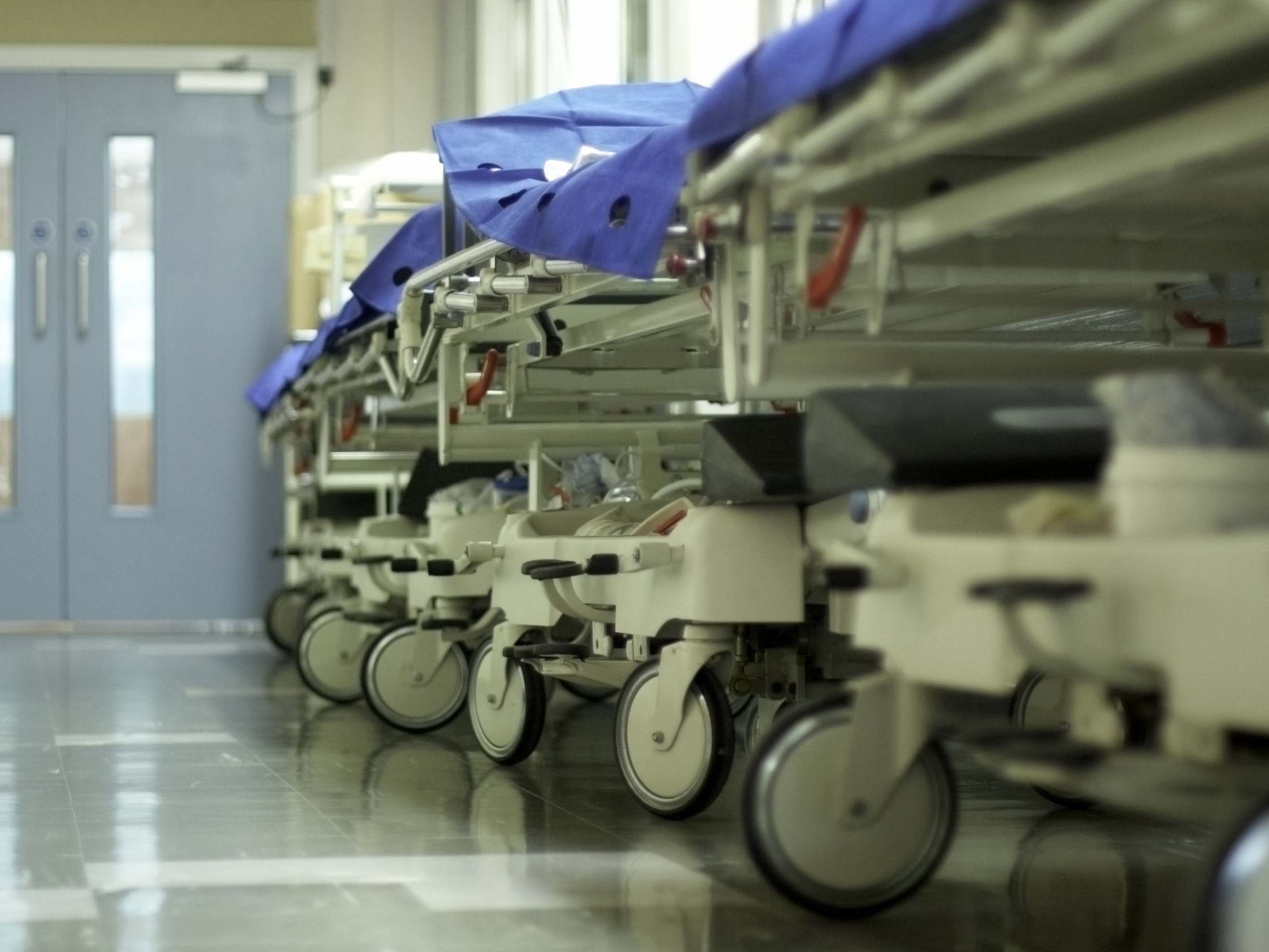Government’s NHS funding pledge ‘less generous than first appears’
Health Foundation analysis shows improving standards in the NHS will mean spending £6bn more than the government is currently committed to

The government’s funding bill for the NHS will deliver less than half the amount repeatedly promised by ministers, experts have warned.
Legislation on health spending completed its passage through the House of Commons on Monday, but the Health Foundation think tank has warned the bill falls short of providing the NHS with the money needed to prevent services from declining.
It also warned the money only increased the budget of NHS England and ignored other key spending on the NHS workforce and public health as well as social care, which it said were all pivotal to the wider stability and functioning of the health service.
The Conservatives’ funding bill promises a headline-grabbing amount of cash for the NHS of £33.9bn by 2023-24. But Anita Charlesworth, the Health Foundation’s director of research and economics, said this figure does not account for the effect of inflation and counts money already spent.
Once these are taken into account, she said the actual money the NHS will receive over the next four years will be just £16.7bn.
Ms Charlesworth explained: “The funding bill will enshrine in law the government’s promise to increase funding for the NHS England revenue budget by a minimum of £33.9bn by 2023-24, but this figure is somewhat less generous than it first appears.
“It is important to note that that the government has presented the additional funding in cash terms, which means that it does not account for increases in costs due to inflation over the period the extra funding will be delivered. Adjusted for inflation, the £33.9bn equates to the smaller amount of £20.8bn in real terms.
“On top of this, part of it was already delivered in the last financial year, so the increase between now and the end of 2023-24 will be less than this amount. If no further funding is allocated, the real-terms funding increase for NHS England over the next four years will be £16.7bn.”
She said the extra spending was welcome and needed to “shore-up struggling front-line services” but added: “We are concerned that the bill excludes areas of wider health investment – including in the NHS’s infrastructure, the health care workforce and public health – that are crucial to securing the future of the NHS, and to the government’s delivery of its election promises of 40 new hospitals and 50,000 more nurses.”
The NHS has 100,000 staff vacancies due to the failure over more than a decade to train enough nurses and doctors.
The government’s promised funding is equivalent to an average spending increase for NHS England after inflation of 3.3 per cent, but the Health Foundation said if no more money was made available the wider NHS would receive only a 3.1 per cent increase in spending.
Health Foundation analysis shows maintaining current standards of care requires overall funding to increase by at least 3.4 per cent a year – an extra £2bn of funding above current spending pledges. To improve standards and transform services it said the health service needed 4.1 per cent of extra spending – equivalent to £6bn more spending than promised by ministers.
This spending also does not address the social care crisis where restoring budgets to 2010 levels would require £12bn of extra spending.
A Department of Health and Social Care spokesperson said: "We are enshrining in law an extra £33.9 billion by 2023/24, providing the funding [NHS England] says it needs to deliver its long term plan. This is the largest cash settlement in NHS history and the funding bill explicitly states this is a minimum funding level.
“Since last summer we have significantly boosted capital investment to modernise the NHS estate, invest in the latest technology and committed to deliver 40 new hospitals over the next ten years, backed by at least £4.8 billion.”
Subscribe to Independent Premium to bookmark this article
Want to bookmark your favourite articles and stories to read or reference later? Start your Independent Premium subscription today.

Join our commenting forum
Join thought-provoking conversations, follow other Independent readers and see their replies